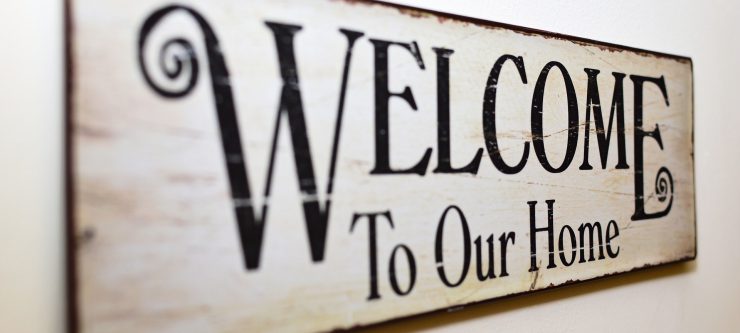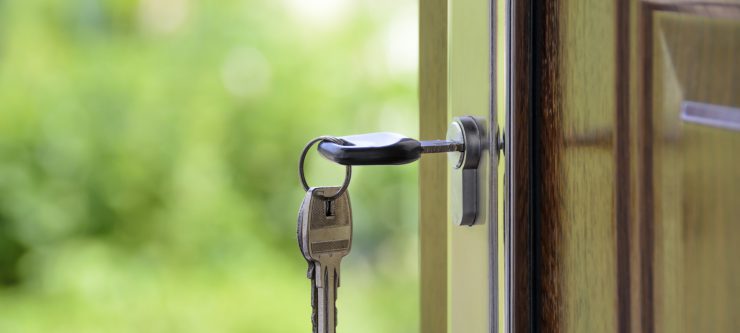Summers are already hot, but if your AC is out or your home doesn’t vent well, your house can seem like an oven. Here are 9 easy ways to get your home to a lower temp to keep you and your guests from melting.
A quick lesson on how heat works
Hotter air goes up, cooler air goes down. This is why your basement is almost always colder than the rest of your house. It’s even the same within rooms—the air near the floor can be considerably cooler than the air near the ceiling.
Moving air removes heat. Wind or stirring air makes you feel colder, but doesn’t actually blow at a lower temperature than still air—it just pulls the heat away from your skin. (This is unless the air is really, really warm. Then the moving air will actually make you hotter.)
1. Open the correct windows
Everyone knows to open the windows if it’s cooler outside, but this trick has a few twists. First, don’t open a window that’s baking in the sun. That will just let more heat radiate into your home.
Secondly, if you have a breeze outside, opening a window on the side of your home where the wind is blowing from and one window on the opposite side can create a noticeable cross breeze inside your home.
2. Close window blinds and curtains
Draw the curtains or blinds to windows that aren’t open. If you don’t have blinds, pin up a white or light-colored sheet or blanket (darker fabrics absorb heat into your home).
3. Shut doors to hot rooms
Does a specific room in your home get a massive amount of sunlight? Keeping the door to that room closed can stop the heat from spreading to the rest of your house.
The same goes for cold rooms. If you have a door to your basement or a room that happens to be cooler (maybe from a stronger vent or shaded window), open it up.
4. Switch your ceiling fans
A lot of homeowners don’t know that your ceiling fans have two settings: one for summer and one for winter. In the winter, your blades need to turn clockwise to push down the warmer air near the ceiling towards the cooler air on the floor.
In the summer, the opposite is true. Find the small switch near the center of the fan that rotates the blades counter-clockwise, drawing up colder air from the floor.
5. Put portable fans in the right spots
Small, portable fans are nice at adding a breeze, but they’re much more effective if they’re in the right spots:
On the floor. Put your fan on the floor (and slightly angled up) to stir the colder air on the floor.
From the basement. Set up a fan so that it blows the cooler basement air into the warmer main-floor areas.
Pointed outside (or inside). If the outside air is cooler, set a fan in a window to pull in air. If the outside air is about the same temp as your home, face it in the other direction so it will blow out some of that heat.
In front of ice. Setting a bag of ice or a bucket of ice water behind your fan forces cooler air to move around the room.
Not in front of heated areas. Make sure there aren’t any running appliances or dark, hot sofas behind your fan.
6. Run the furnace fan
If you aren’t running the air conditioner, at least turn on the furnace fan (from your thermostat). It won’t blow cold air, but moving air feels colder. Just make sure your air vents aren’t blocked.
7. Turn on the bathroom and stove vents
Letting your bathroom exhaust fan and stovetop vent run will pull the hot air near the ceiling out of your home.
8. Shut off unused electronics
Some TVs, spare refrigerators and computers can give off a lot of heat while they’re running. Turn off the electronics you aren’t using until you need them.
9. Turn off unused lights
Light bulbs can make a room warmer, too. Turn off the lights you don’t need, especially incandescent and halogen bulbs, which produce more heat than CFL or LED bulbs.
Bonus tip: keep yourself cool.
To cool down your own body, drink cold liquids, hang out in the lowest (and darkest) part of your home, strip down and throw on The Revenant or another movie about winter. If nothing else, you get to see a stunning performance by Leo DiCaprio.


